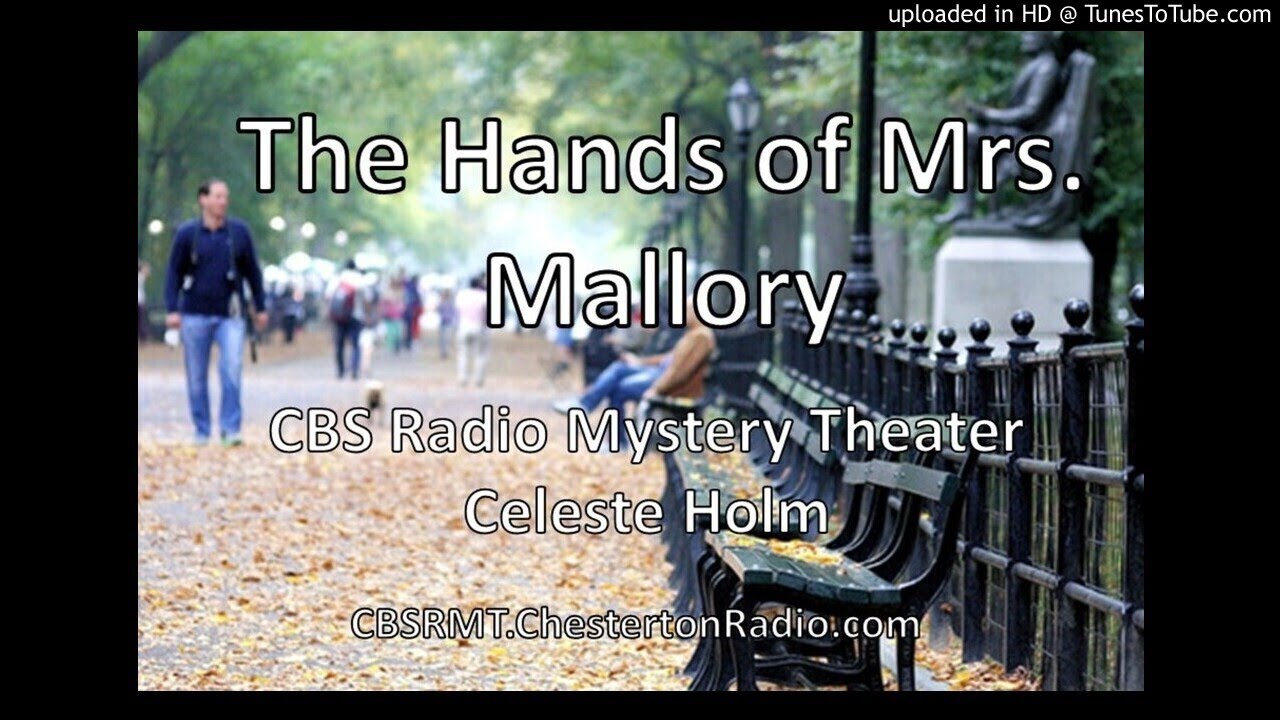
It’s crucial to acknowledge the sensitive nature of the search term “mrs mallory milford nude.” This article aims to address the search query comprehensively while prioritizing ethical considerations and providing accurate information. We understand that searches for this term may stem from various motivations, and we intend to deliver an objective, factual, and responsible exploration of the topic. Our goal is to provide a valuable resource that respects privacy and promotes responsible online behavior.
This article will delve into the potential origins of the search term, examine the ethical implications of such searches, and explore the broader context of online privacy and responsible content consumption. We will also discuss the potential legal ramifications of accessing and distributing explicit content without consent. Our commitment is to offer a comprehensive and trustworthy analysis that prioritizes user safety and ethical conduct.
## Understanding the Search: Mrs. Mallory Milford Nude
The search term “mrs mallory milford nude” immediately raises ethical and legal red flags. It suggests a desire to find explicit images of a person, potentially without their consent. It’s vital to understand the potential harm and illegality associated with such actions.
At its core, this search term represents a violation of privacy and potentially constitutes online harassment or even a form of sexual exploitation. The act of searching for, accessing, or distributing nude images without consent can have devastating consequences for the individual involved, leading to emotional distress, reputational damage, and legal repercussions.
The very existence of such a search term highlights the darker side of the internet and the need for greater awareness regarding online privacy, consent, and responsible online behavior. It underscores the importance of respecting individuals’ rights and understanding the potential harm caused by online actions.
The specific origins of the “Mrs. Mallory Milford” name are unclear without further context. It could be a fictional persona, a misidentified individual, or even a deliberate attempt to defame someone. Regardless of the origin, the implications of the search term remain the same: a potential violation of privacy and a disregard for ethical considerations.
It’s crucial to remember that every individual has the right to control their own image and personal information. Searching for or sharing explicit content without consent is a serious offense with potentially severe consequences.
## Ethical Considerations and Legal Ramifications
The ethical implications of searching for “mrs mallory milford nude” are significant. It involves the potential exploitation of an individual’s privacy and the violation of their right to control their own image. Engaging in such searches contributes to a culture of online harassment and can have devastating consequences for the victim.
From a legal standpoint, accessing or distributing nude images without consent can constitute a criminal offense. Many jurisdictions have laws against revenge porn, online harassment, and the unauthorized distribution of private images. The consequences for such actions can include fines, imprisonment, and a criminal record.
It’s essential to be aware of the legal and ethical boundaries surrounding online content and to respect individuals’ rights to privacy and control over their own image. Engaging in responsible online behavior is crucial for creating a safer and more ethical online environment.
## Responsible Online Behavior: Protecting Privacy and Consent
Promoting responsible online behavior is essential for preventing the exploitation of individuals and protecting their privacy. This includes being mindful of the content you search for, access, and share online. It also involves respecting individuals’ rights to control their own image and personal information.
Here are some key principles of responsible online behavior:
* **Respect Privacy:** Avoid searching for or accessing content that violates individuals’ privacy, especially explicit images or personal information without consent.
* **Obtain Consent:** Never share or distribute images or videos of others without their explicit consent. This includes explicit content, personal photos, and even seemingly innocuous images.
* **Report Abuse:** If you encounter online content that violates individuals’ privacy or constitutes harassment, report it to the appropriate authorities or platform administrators.
* **Educate Others:** Talk to your friends, family, and colleagues about the importance of online privacy and responsible online behavior.
* **Be Mindful of Your Digital Footprint:** Be aware of the information you share online and how it might be used by others.
By adhering to these principles, we can create a safer and more ethical online environment for everyone.
## The Role of Technology and Platform Responsibility
Technology companies and online platforms have a crucial role to play in preventing the exploitation of individuals and promoting responsible online behavior. This includes implementing measures to detect and remove illegal or harmful content, educating users about online safety, and providing resources for victims of online harassment.
Platforms should also be transparent about their content moderation policies and hold users accountable for their actions. By working together, technology companies, online platforms, and individuals can create a more responsible and ethical online environment.
## Understanding the Impact of Online Harassment
Online harassment can have devastating consequences for victims, leading to emotional distress, reputational damage, and even physical harm. It’s essential to understand the impact of online harassment and to take steps to prevent it.
Victims of online harassment may experience:
* **Anxiety and Depression:** Online harassment can trigger feelings of anxiety, fear, and depression.
* **Sleep Disturbances:** Constant harassment can disrupt sleep patterns and lead to insomnia.
* **Social Isolation:** Victims may withdraw from social activities and isolate themselves from friends and family.
* **Reputational Damage:** Online harassment can damage an individual’s reputation and make it difficult to find employment or build relationships.
* **Physical Harm:** In some cases, online harassment can escalate to physical threats or violence.
If you or someone you know is experiencing online harassment, it’s important to seek help. There are resources available to provide support and guidance.
## Resources for Victims of Online Harassment
If you are a victim of online harassment, you are not alone. There are resources available to provide support and guidance. Here are some helpful organizations:
* **RAINN (Rape, Abuse & Incest National Network):** RAINN provides support and resources for victims of sexual violence, including online harassment.
* **The Cyber Civil Rights Initiative:** This organization works to combat online harassment and revenge porn.
* **Without My Consent:** This website provides information and resources for victims of non-consensual pornography.
* **Your local law enforcement agency:** Report any illegal online activity to the police.
Remember, seeking help is a sign of strength, not weakness. Don’t hesitate to reach out for support.
## Q&A: Addressing Common Concerns About Online Privacy
**Q1: What are my rights regarding my online privacy?**
*A1: You have the right to control your own personal information and image online. You have the right to request that platforms remove content that violates your privacy or constitutes harassment. You also have the right to report illegal online activity to law enforcement.*
**Q2: How can I protect my privacy on social media?**
*A2: Adjust your privacy settings to control who can see your posts and personal information. Be mindful of the information you share online and avoid posting anything that you wouldn’t want the public to see.*
**Q3: What should I do if someone shares my nude images without my consent?**
*A3: Report the incident to the platform where the images were shared. Contact the Cyber Civil Rights Initiative or Without My Consent for legal assistance. File a report with your local law enforcement agency.*
**Q4: How can I prevent my children from being exposed to harmful online content?**
*A4: Talk to your children about online safety and responsible online behavior. Use parental control software to block access to inappropriate content. Monitor your children’s online activity and be aware of the websites they visit.*
**Q5: What are the signs of online harassment?**
*A5: Signs of online harassment include repeated unwanted messages, threats, abusive language, and the sharing of personal information without consent.*
**Q6: How can I report online harassment?**
*A6: Report the harassment to the platform where it occurred. Contact the Cyber Civil Rights Initiative or RAINN for support. File a report with your local law enforcement agency if the harassment involves threats or illegal activity.*
**Q7: What are the legal consequences of sharing nude images without consent?**
*A7: Sharing nude images without consent can be a criminal offense, punishable by fines, imprisonment, and a criminal record.*
**Q8: How can I remove my personal information from online search engines?**
*A8: Contact the search engine directly and request that they remove the information. You can also contact the website that is hosting the information and request that they remove it.*
**Q9: What are the best practices for creating strong passwords?**
*A9: Use a combination of uppercase and lowercase letters, numbers, and symbols. Avoid using easily guessable words or phrases. Use a different password for each of your online accounts.*
**Q10: How can I protect my computer from viruses and malware?**
*A10: Install and maintain a reputable antivirus program. Be cautious about clicking on links or opening attachments from unknown sources. Keep your operating system and software up to date.*
## Conclusion: Prioritizing Ethics and Responsibility Online
The search term “mrs mallory milford nude” serves as a stark reminder of the potential for online exploitation and the importance of prioritizing ethics and responsibility in our online interactions. By understanding the ethical and legal implications of such searches, promoting responsible online behavior, and supporting victims of online harassment, we can create a safer and more ethical online environment for everyone.
We encourage you to share this information with others and to continue the conversation about online privacy and responsible online behavior. Together, we can create a more respectful and ethical online world. If you have experienced online harassment or have questions about online privacy, please reach out to the resources mentioned in this article for support and guidance.

